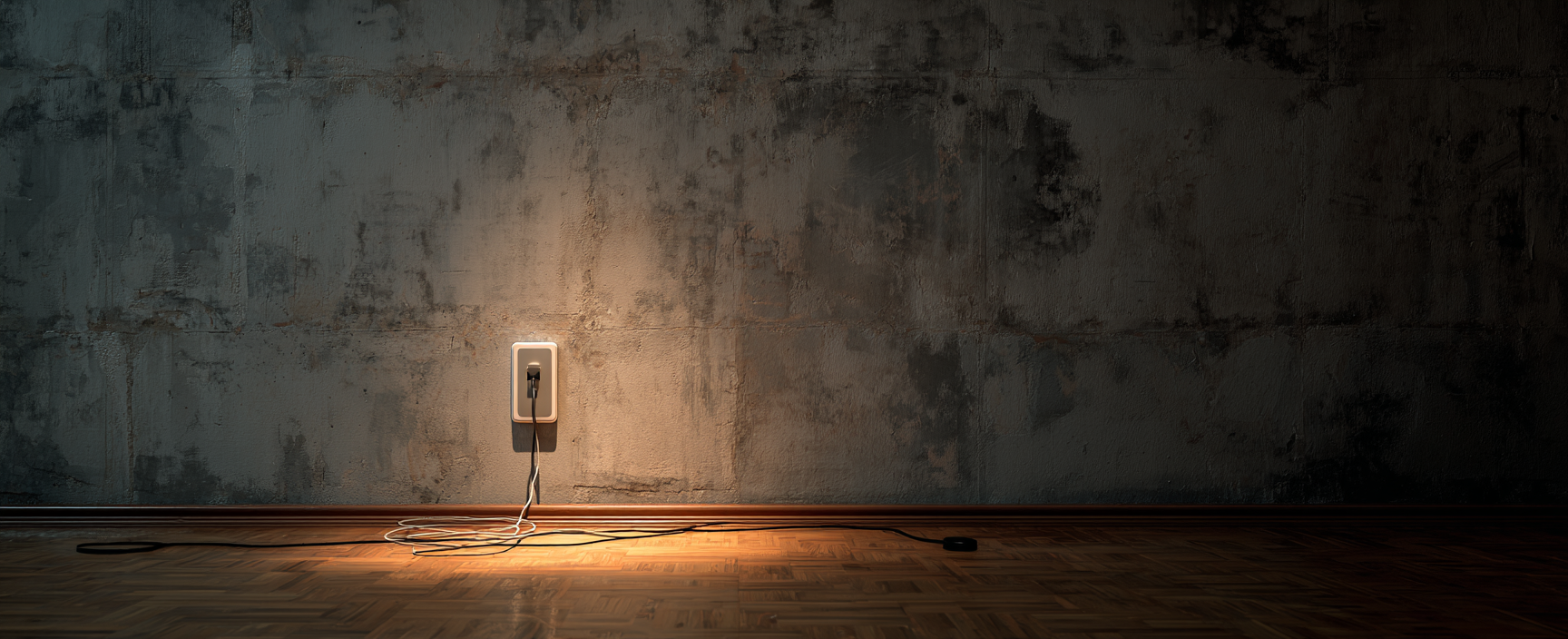
Do Air Scrubbers Use a Lot of Electricity? No.
Do air scrubbers use a lot of electricity? The answer depends on the model and runtime, but most residential air scrubbers are surprisingly energy-efficient compared to other HVAC equipment.
Understanding Air Scrubber Power Consumption
A typical residential air scrubber uses between 100-200 watts per hour - about the same as a couple of light bulbs. Even running 24/7, that translates to just $10-20 per month in electricity costs for most households.
Professional-grade units like the XPOWER X-4700AM Professional HEPA Air Scrubber may draw more power but deliver industrial-strength air purification.
Factors That Affect Energy Usage
- Fan speed settings
- Hours of operation
- Filter type and condition
- Room size being treated
Running your air scrubber on lower speeds when possible can reduce electricity consumption while still maintaining good air quality. Regular filter maintenance also helps optimize efficiency.
Energy-Efficient Options
Modern air scrubbers often feature energy-saving EC motors and smart controls. The XPOWER AP-1500D uses an efficient DC brushless motor that minimizes power draw.
Some units include programmable timers and air quality sensors that automatically adjust operation based on actual needs rather than running continuously at full power.
While air scrubbers do use electricity, their power consumption is relatively modest considering the important air quality benefits they provide. The key is choosing an appropriately sized, energy-efficient model for your specific needs.
When it comes to air scrubbers and electricity usage, many homeowners are pleasantly surprised by their energy efficiency. Let's break down the real costs and energy consumption of modern air purification systems.
Smart Energy Management Features
Today's air scrubbers come with advanced power-saving technologies. The XPOWER AP-1800D features auto-adjusting fan speeds that optimize power usage based on air quality readings.
Cost-Effective Operation Tips
- Place units strategically to maximize airflow coverage
- Clean or replace filters regularly to maintain efficiency
- Use timer settings during peak pollution hours
- Take advantage of multi-speed settings
By following these practices, most households can run their air scrubbers for less than the cost of a coffee per day.
Energy Consumption by Size
Small room units typically draw 50-75 watts, while whole-house systems like the XPOWER X-4700AM may use 150-300 watts at maximum settings.
Long-Term Value
The minimal power usage of air scrubbers makes them a cost-effective investment in your home's air quality. Most units pay for themselves through reduced HVAC strain and fewer air quality-related health issues.
With proper maintenance and smart operation, air scrubbers provide excellent air purification while keeping electricity costs manageable for any household.
When comparing air scrubbers to other household appliances, their electricity consumption is surprisingly moderate. Air scrubbers operate at an efficiency level that won't dramatically increase your monthly utility bills while providing significant air quality benefits.
Comparing Air Scrubber Energy Usage to Common Appliances
To put air scrubber energy consumption in perspective, let's compare it to other household devices:
- Window AC unit: 500-1500 watts
- Refrigerator: 150-400 watts
- Air scrubber: 100-200 watts
- LED TV: 60-150 watts
- Ceiling fan: 15-90 watts
As you can see, air scrubbers typically use less electricity than many common appliances. The XPOWER X-2830 Professional 4-Stage HEPA Air Scrubber uses just 140 watts on its highest setting while delivering powerful air purification.
Real-World Electricity Costs
Here's what running an air scrubber might cost in actual dollars, based on the national average electricity rate of $0.15 per kilowatt-hour:
- 8 hours daily: $3-6 per month
- 12 hours daily: $5-9 per month
- 24 hours daily: $10-18 per month
Many homeowners find this cost entirely reasonable given the significant health benefits of cleaner indoor air. Models with energy-efficient DC motors like the XPOWER AP-1500D can reduce these costs even further.
Seasonal Considerations
Air scrubber electricity usage may vary based on seasonal needs:
- Spring/Fall: Higher settings needed for pollen/allergen removal
- Summer: Moderate settings may suffice
- Winter: Higher settings helpful when windows remain closed
Using programmable timers and air quality sensors can help optimize your air scrubber's operation to match these seasonal patterns, saving electricity when full power isn't needed.
Off-Grid Compatibility
The modest power requirements of air scrubbers make them compatible with alternative energy systems. If you have a home solar panel system or backup power solution like the Dakota Lithium PowerBox 10, you can maintain air purification even during grid outages.
Frequently Asked Questions
Will running an air scrubber 24/7 significantly impact my electric bill?
No, most residential air scrubbers use 100-200 watts, costing just $10-20 monthly when run continuously - less than many small appliances.
Do HEPA air scrubbers use more electricity than standard models?
Not necessarily. While HEPA filters create more resistance, many HEPA models like the XPOWER X-3400A use energy-efficient motors that compensate for this.
How can I reduce my air scrubber's energy consumption?
Use lower speed settings when possible, clean filters regularly, operate on a timer during peak pollution hours, and position the unit optimally to maximize air circulation efficiency.
Are newer air scrubber models more energy-efficient?
Yes, modern air scrubbers often feature DC brushless motors and smart controls that significantly reduce power consumption compared to older models.
Can I run an air scrubber on a generator during a power outage?
Absolutely! The low power draw of air scrubbers makes them ideal for operation with portable generators or battery backup systems during emergencies.
Air scrubbers provide exceptional value when you consider the minimal electricity costs versus the significant air quality benefits they deliver. Their modest power consumption makes them an economical choice for improving your home's indoor environment.


Leave a comment